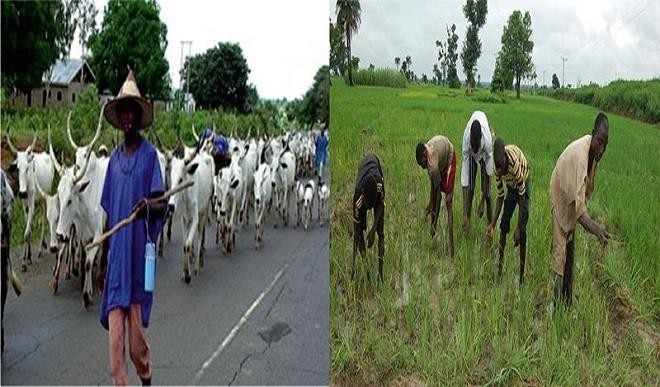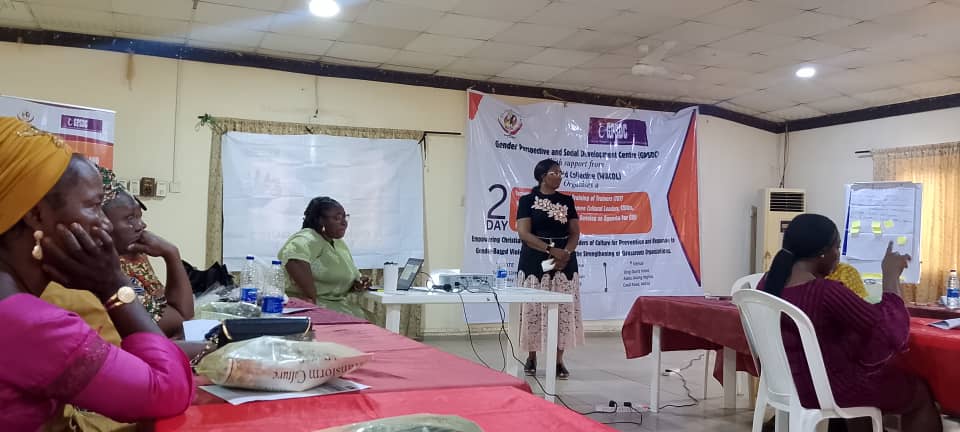Nigeria’s Farmer-Herder Crisis Costs $13 Billion Annually: New Report Urges Homegrown Peacebuilding Solutions

Search for Common Ground, the world’s largest peacebuilding organisation, has unveiled a new report outlining strategies to ease violent clashes between farmers and herders in Nigeria, a conflict that has claimed more than 4,000 lives and drains the economy by an estimated $13 billion each year.
The study, conducted in Adamawa and Taraba States, identifies climate change, erratic rainfall, and shrinking natural resources as key drivers of tensions over land, water, and grazing routes. These pressures often escalate into crop theft, loss of livelihoods, and deadly confrontations.
Francis Sala-Diakanda, Search’s West Africa Regional Director, stressed the urgency of localized solutions:
“Climate change is not just disrupting seasons, it’s destabilizing communities. As land dries up and tensions rise, we must urgently reimagine how people live together.”
The report highlights innovative cultural exchange programmes—storytelling, music, theatre, football, and community dances—that have significantly improved relations, with 96% of locals reporting better ties between farmers and herders over the past year. Traditional leaders, including elders, Imams, and Pastors, have also been key mediators, helping communities recognize early warning signs and prevent conflicts.
Personal stories underscore the progress. Boniface Nakulmide, a farmer, said:“Before, I saw herders as enemies. Now, I see them as partners.”
READ ALSO: NAEG Honors Mining Cadastre DG Obadiah Nkom with Prestigious Fellowship Award
FG to Disburse Cash Transfers to 2.2 Million Vulnerable Households Before August End
Similarly, Hauwa Musa, a herder, emphasized:“Peace is not something that just happens; it is something we must build.”
Authored by Dr. Babatunde David, the report calls for scaling up peacebuilding efforts—regular farmer-herder dialogue forums, community-led surveillance against crop theft, inclusive natural resource management, and stronger grassroots peace structures.





